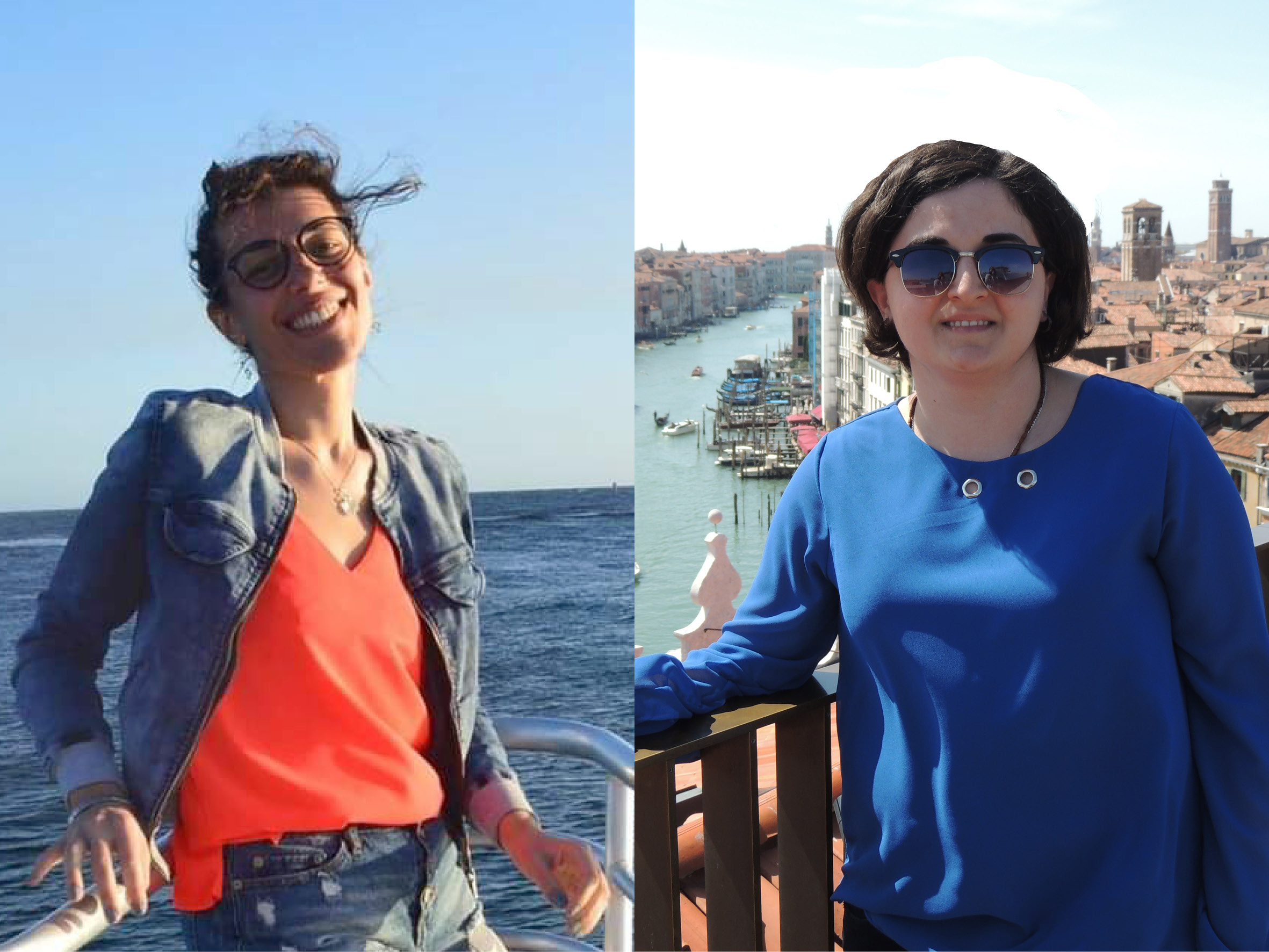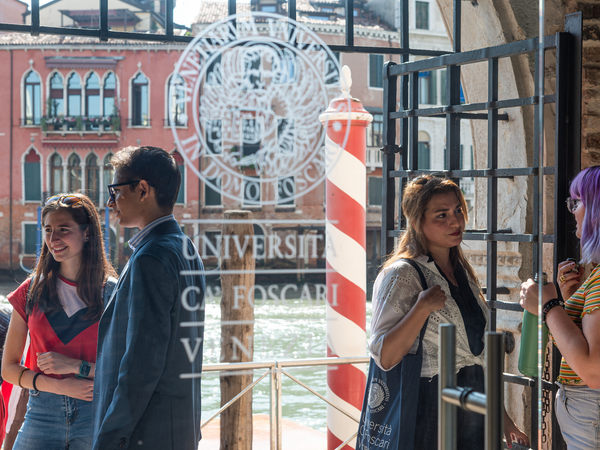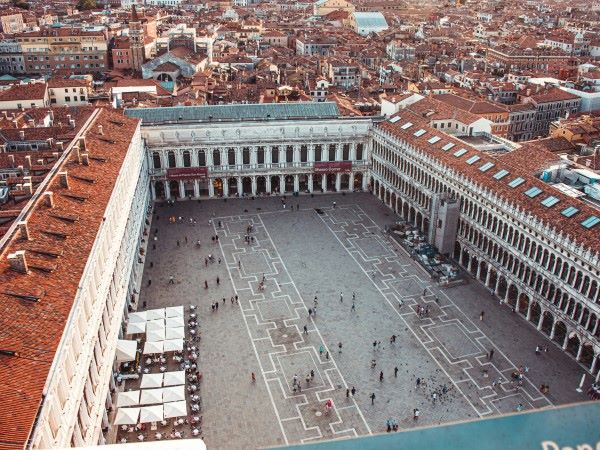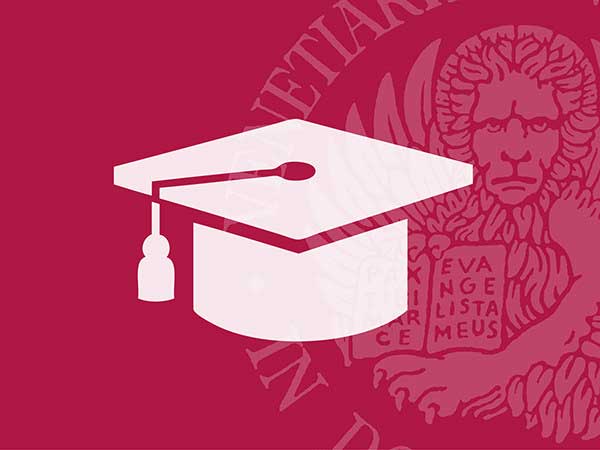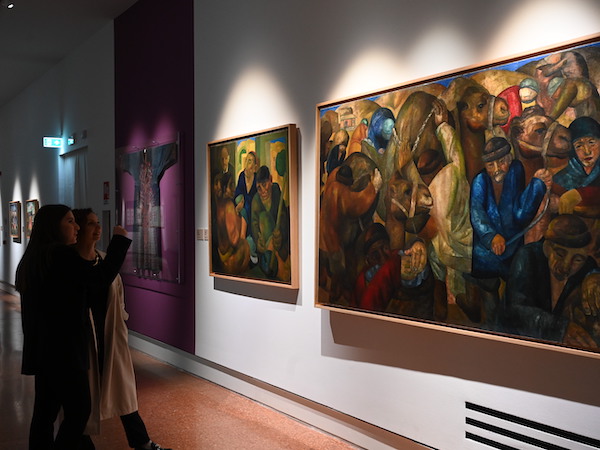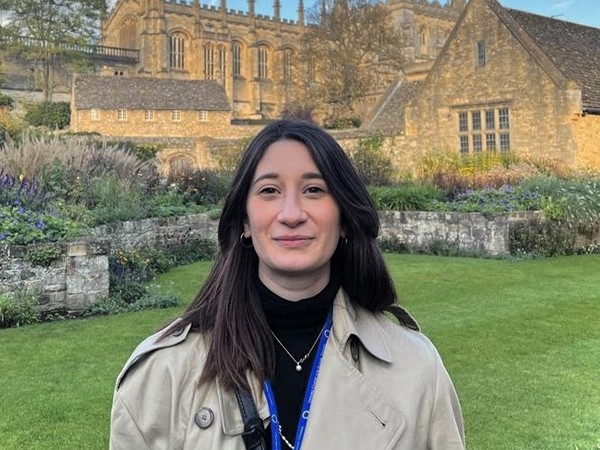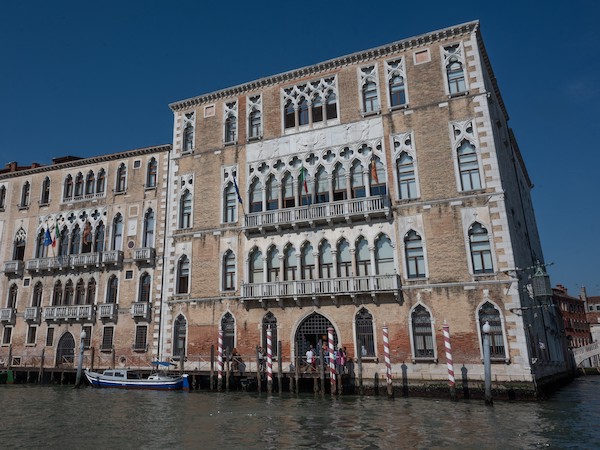The key words for Ca’ Foscari’s activities in the field of mobility programmes are internationalisation, multiculturality, and professional skills development. Ca’ Foscari has been involved in the Erasmus+ ICM programme since 2015, when it was inaugurated. The programme’s objectives are ambitious and include promoting self-initiative and entrepreneurship, strengthening job prospects, and improving self-esteem and intercultural awareness.
Ca’ Foscari obtained the greatest amount of funding for Erasmus+ ICM 2014-2020(€ 6,069,733 for 97 projects). It has once again obtained funding for Erasmus+ ICM in the new 2021-2027 programme, with 17 projects being approved and a total funding amounting to 1.534 680,00 euros that will fund 306 programmes for students, professors and researchers, and technical-administrative staff in 27 partner universities around the world.
What is the impact of this programme on the development of personal and professional skills of those who participate? What are the long-term advantages for their academic and non-academic careers? Let’s discover them together with Greta Sclosa and Tatia Butsuradze, who participated in the programme with Ca’ Foscari, and with our International Office.
Studying Business Administration in Atlanta, USA
Greta Sclosa studied at Georgia State University in Atlanta, USA, during her MA in Accounting and Finance.
“Erasmus+ ICM allowed me to develop my English language skills, my adaptability and problem-solving skills. It also helped me to become more independent and to better manage myself,” says Greta.
“Two courses were particularly useful because I learnt things that I wouldn’t have studied in Venice. The first one was about managing communication in US companies, which included focuses on writing, speaking, and even on the body language we should adopt in business settings. The second course was part of the MBA in Finance and I learned a lot because the professor had great experience both inside and outside of the university context, having worked for the US government and as a consultant in financial asset management.
In the world of work, this experience made it easier for me to travel abroad for work and produce documents in English. I would recommend it to everyone. I believe it is a wonderful opportunity to grow as a person, especially in terms of cultural awareness. For example, I studied in the USA and lived with a group of people from Saudi Arabia.”
Studying archaeology in Tbilisi and Venice
Tatia Butsuradze works as a Cultural Heritage-Archaeology Monitor at Tbilisi Development Fund in Tbilisi, Georgia. Thanks to Erasmus+ ICM she studied at Ca’ Foscari during her university studies.
“Venice and Ca’ Foscari were my first international experience,” says Tatia. “Spending an entire term in a city and country that I had always wanted to visit was incredible. I chose Ca’ Foscari for its varied course offer, including Maritime Archaeology, Cypriote Archaeology and Antiquities, Archaeobotanics. It was a new challenge to study abroad, in a new city, in a different university with its different learning methodology.
The Erasmus+ ICM programme helped me improve my English and learn a lot about Italian culture, people, traditions and history. I became more independent and learned to manage my time more efficiently. I improved my presentation skills in front of a large audience.
This programme has helped me with my career. In fact, I was invited by professor Paolo Biagi and professor Elena Rova to participate in Georgian-Italian surveys and expeditions carried out every year on the territory of Georgia, as well as in surveys in Tsalka and in excavations in the territory of Lagodekhi. These experiences enabled me to learn specific ways of studying, excavating and surveying sites.
We could talk endlessly about the benefits of exchange programs, but to sum it all up — if you have a chance to spend a semester, or even several weeks abroad, as an exchange student, do it! You will meet new people, face new challenges, and become stronger, more independent and confident, which plays a great role in building your future. Our future is in our hands and we should make the most of every opportunity.
Erasmus+ ICM: a project that is open to the world
The Erasmus+ ICM project is entirely funded by the European Union. It enables students, professors, researchers and technical-administrative staff at Ca’ Foscari to spend a period of time abroad in non-European countries, allowing them to acquire new personal and professional skills at an international level.
The E+ ICM 2019-2022 is drawing to a close. It has involved 31 countries and 51 partner universities from all continents, taking 130 students to Venice and 68 students abroad, in addition to teaching staff and technical-administrative staff.
What is the impact of Erasmus+ ICM on careers?
In 2022 the International Office conducted a survey among the people who participated in the programme between 2016 and 2021. The survey aimed to study the programme’s long-term impact on the career of the participants, as well as to identify the skills that were acquired thanks to the programme.
A great number of students stated that participating in Erasmus+ ICM helped them develop their career at university and in the world of work in an international direction, and that this experience had a profound impact on their personal and professional life.
The majority of participants in the survey found a job after graduating. Incoming students work mainly in the education sector, as teachers or professors (33%), while outgoing students work mainly as product/sales managers (22%), project managers (11%) and teachers (11%).
According to the answers to the survey, Erasmus+ ICM provides added value in terms of the skills acquired during the programme. The soft skills that are mentioned include independence, the ability to work in a team, new study methods, adaptability to international contexts, and greater open-mindedness. Intercultural and language skills are considered the main competences acquired both by incoming and outgoing students.
The project is an academic experience, but also an opportunity to improve one’s cross-cutting skills. The teaching staff who participated in Erasmus+ ICM also mentioned that the programme resulted in an improvement of their academic skills (such as international networking and acquisition of innovative methods), as well as of their intercultural and relational skills.





